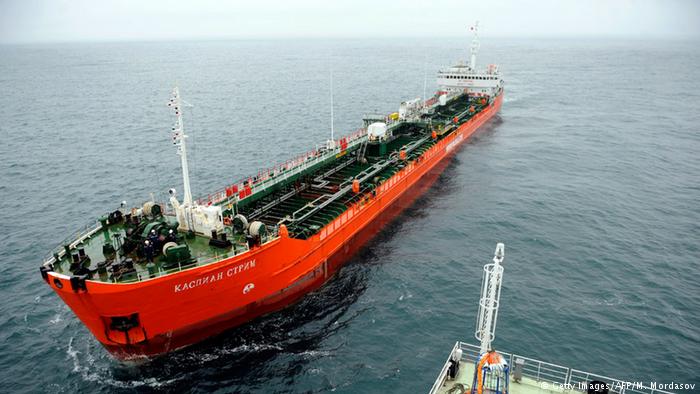
Russia again overtook Brazil as the biggest supplier of crude to China's independent refineries in May, transporting 1,76 million tonnes of crude during the month
This represented an increase of 8,7% in the month in relation to April imports, of 1,62 million tons, and 20,9% more than in the previous year. About 94,5% of Russian imports were ESPO blends, with only a cargo of 96.000 tonnes of Sokol. The rise can be attributed to comparatively better demand for diesel that has led refineries to reserve more feedstocks with higher diesel production, according to analysts.
ESPO's imports were shared by 11 buyers, including two trading companies.
Meanwhile, Chinese imports of crude oil from Malaysia rose 169,1% in the month of April to 1,313 million tonnes.
All Malaysian crude oil imports have been blended, with Hong Kong petrochemicals and trading company Taifeng Hairun also joining the list of buyers in addition to ChemChina – the traditional buyer of Malaysian blend Nemina.
On the other hand, imports from Brazil contracted 38% from April to 1,313 million tons, down 28,6% on the year.
Oman's crude oil imports rose 207,1% on the month and 135,5% on the year to 1,21 million mt in May.
Total imports from Saudi Arabia rose 300% for the month to around 1,08 million tonnes, compared with 270.000 tonnes in April. Hengli Petrochemicals imported all crude cargoes from Saudi Arabia.
However, driven by strong buying momentum in previous months, Brazilian grades continued to top the list between January and May, totaling 9,28mt, up 26,2% year-on-year.
That was higher than Russian imports of 9,1m tonnes in the first five months of 2019, which were up 24,6% on the year.
Platts' research covers barrels imported by 38 independent refineries with quotas, and others without quotas, through ports, mainly in Shandong province, as well as Tianjin, Zhoushan and Dalian.
These refineries received a combined total of 76,22 million tons through 2019, representing 84,2% of the country's total allocation to independent refineries, including first batch and supplemental volumes.
Barrels include those imported directly by refiners and commercial companies, which will be used by the independent sector.
Only cargoes unloaded in the month – including those that arrived in previous months – were counted as imports for the month.
High Level Exports
Russian ESPO blend remained at the top of the raw grade in May at 1,66mt, up from 1,62mt in April.
All these imports went to independent refineries in Shandong province, mainly due to relatively higher diesel yields as well as the good economy, according to sources.
“The price of ESPO is comparatively low compared to other grades such as Lula,” says a source.
Crude oil from Oman was imported by six refineries, including Dongming, Qirun, Wonfull, Hongrun, Shenchi and Hebei Xinhai Petrochemical.
In contrast, imports of Lula crude dropped sharply by 36,2% from April as the grade became more expensive due to lower availability as some cargoes went to the US rather than Asia, according to sources.
“Many cargoes went to the US and therefore there was less availability to Asia, and prices also went up,” the source says.
In addition to typical crude oil grades, around 288.000 t of KBT blend was imported by Shenchi Petrochemicals last month in two shipments, the first in Shandong.
Iraq's KBT blend has an API of about 30,5 and a sulfur content of about 2%.
QINGDAO TAKES HALF IMPORTS
Imports from Qingdao and Dongjiakou ports rose 2,1% month-on-month to 4,71 million tonnes in May, or 43% of last month's total imports, up from 50,8% in April.
The total incremental volume in May of imports was absorbed mainly through Dalian port, which sees more imports through Hengli.
Imports from Yantai port fell 38,3% in April to just 989t in May.










Air Force F-16 fighters…
Everything is fine, 100-year secrecy,…
Army summons Brazilians with up to…
Come be a watermelon, you too
Air Force F-16 fighters…
Well... It's flying scrap... Typical...
Air Force F-16 fighters…
Which genocide are you talking about? Than…
They discover the third largest deposit…
That’s why all foreigners and NGOs…
I am interested in working in construction
Xoooooou! Send more photos of this place…
You must be happy because the watermelon…
Ask the "Lezer da Conceição Barbosa", now...
For Portuguese class? Look for a school…
That's good... The news is for those who...
"Marcos da Silva Alves" wants...
Excellent news. She had never heard of it. He…